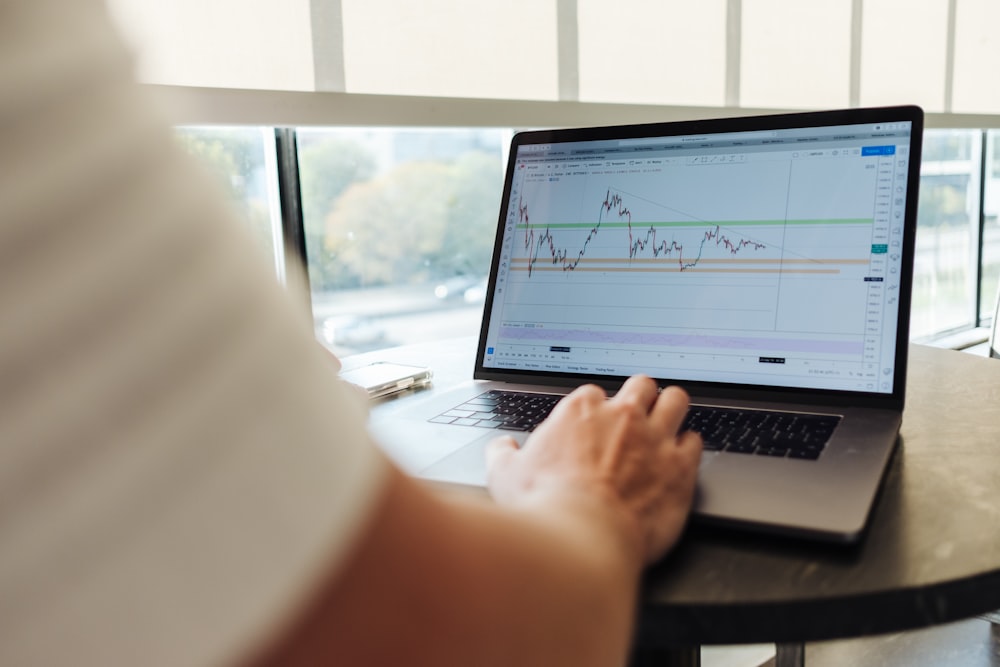Global Surge In Rates Continues, As Demand For Equity Leverage Evaporates
Image Source: Unsplash
The S&P 500 finished the day essentially flat, up 16 basis points—little changed overall. The key focus remains at the 5870 level, which was tested again today. We’ve discussed this level multiple times, as it is essential. It could set up a more significant decline if it were to be pierced—possibly through a gap lower, say, on Friday morning. Such a move might form an island reversal top, completing the head-and-shoulders pattern we’ve been tracking for weeks.
When equity markets reopen Friday morning, we’ll also get the much-anticipated jobs report. Today’s market action likely reflects some squaring up ahead of that news. This was evident in the VIX one-day index, which rose 4 points to 18.25.
Once the event risk passes, implied volatility tends to decline sharply, causing put values to drop. This triggers market makers to adjust their hedges, often resulting in market rebounds, regardless of the news. However, this effect is typically short-lived, with markets normalizing soon after.
Options activity for the January 10 S&P 500 expiration showed significant volume in puts at 5790, 5800, and 5850 levels. There was also call activity at 6000, 5950, and 6150, but most activity centered around puts, indicating a focus on downside protection. When implied volatility declines post-event, the puts lose value, potentially driving markets higher due to the hedging dynamics.
(BLOOMBERG)
Rates are moving interestingly in global markets, particularly in the UK and Japan. The UK 30-year rate rose nearly 13 basis points today to 5.37%, breaking out of an ascending triangle. The 10-year UK yield also reached its highest level since July 2008. Similarly, the British 2-year rose six basis points, reaching levels not seen since April 2024.
In Japan, the 10-year yield rose sharply to 1.18%, the highest since June 2011. If Japan’s overnight rate increases to 0.75% or 1% by year-end, as expected, the 10-year yield could climb further.
Meanwhile, Chinese 10-year yields declined to 1.61%, signaling a different trajectory.
One key area to watch is the Chinese yuan. The CNY is nearing the upper limit of its range. I am speculating here that China may be selling U.S. Treasury bonds to support its currency. If the USD/CNY breaks above the 7.30–7.32 level, it could destabilize global markets.
Bitcoin’s recent sharp decline may also be a liquidity signal. If Bitcoin breaks below the $92,000–$91,000 range, it could retrace to $87,000 or even $68,000. The current chart shows a potential head-and-shoulders pattern with a neckline at $92,000, adding to concerns.
Lastly, equity financing costs have dropped significantly. For example, the January BTIC S&P 500 total return futures, which had traded at 227 basis points above the Fed funds rate, closed today at just 1 basis point above FFR. March and June contracts have also seen sharp declines, reflecting a drop in demand for leverage.
That’s it for today. Enjoy your day off tomorrow if you have one. I’ll likely take advantage of it myself. Take care!
More By This Author:
Rates And Inflation Swaps Surge As Stocks Tumble On Hot Economic DataStocks Give Back Early Gains As Breadth Implodes
Strong US Data Could Propel 10-Year And 30-Year Rates Towards 5% This Week













